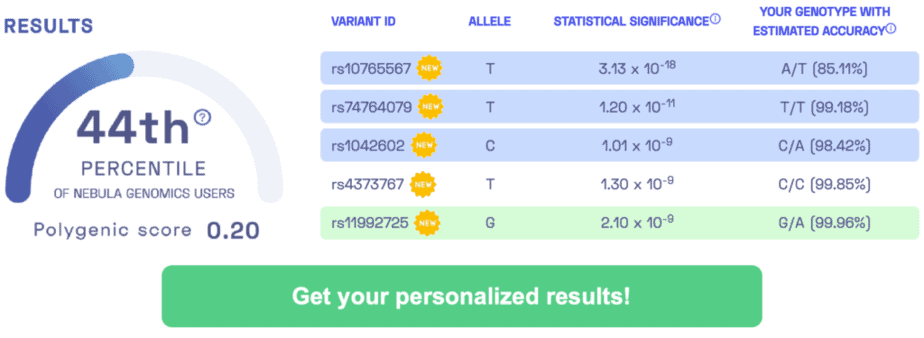SUMMARY: Identification of 11 novel genomic regions associated with anhedonia, the inability to feel pleasure.
OVERVIEW: Anhedonia refers to a condition characterized by an inability to feel pleasure from activities that are considered enjoyable. It’s a common symptom of depression and other psychiatric disorders and reduces the quality of life. The genetic underpinnings of the condition are not well understood. This genome-wide study of over 375,000 individuals of European ancestry discovered 11 genomic regions associated with feelings of anhedonia. Together, these variants may explain over 5% of the heritability of the condition. The discovered variants appeared to associate with smaller volumes of brain regions linked to reward and pleasure processing as well as other structural changes in the brain.
DID YOU KNOW? Because the drugs commonly used to treat depression often fail to promote feelings of pleasure, researchers are currently exploring talk therapy as a treatment for anhedonia. Talk therapy can help kickstart a positive feedback loop in the brain that may enable patients to feel pleasure again. [SOURCE]
SAMPLE RESULTS: Learn more about the Nebula Research Library.

ASSOCIATED VARIANTS: rs72923287, rs35416728, rs1965449, rs756739942, rs113740933
ADDITIONAL RESOURCES:
Anhedonia
Anhedonia – House M.D. (Video)
WEEKLY UPDATE: January 3, 2020
